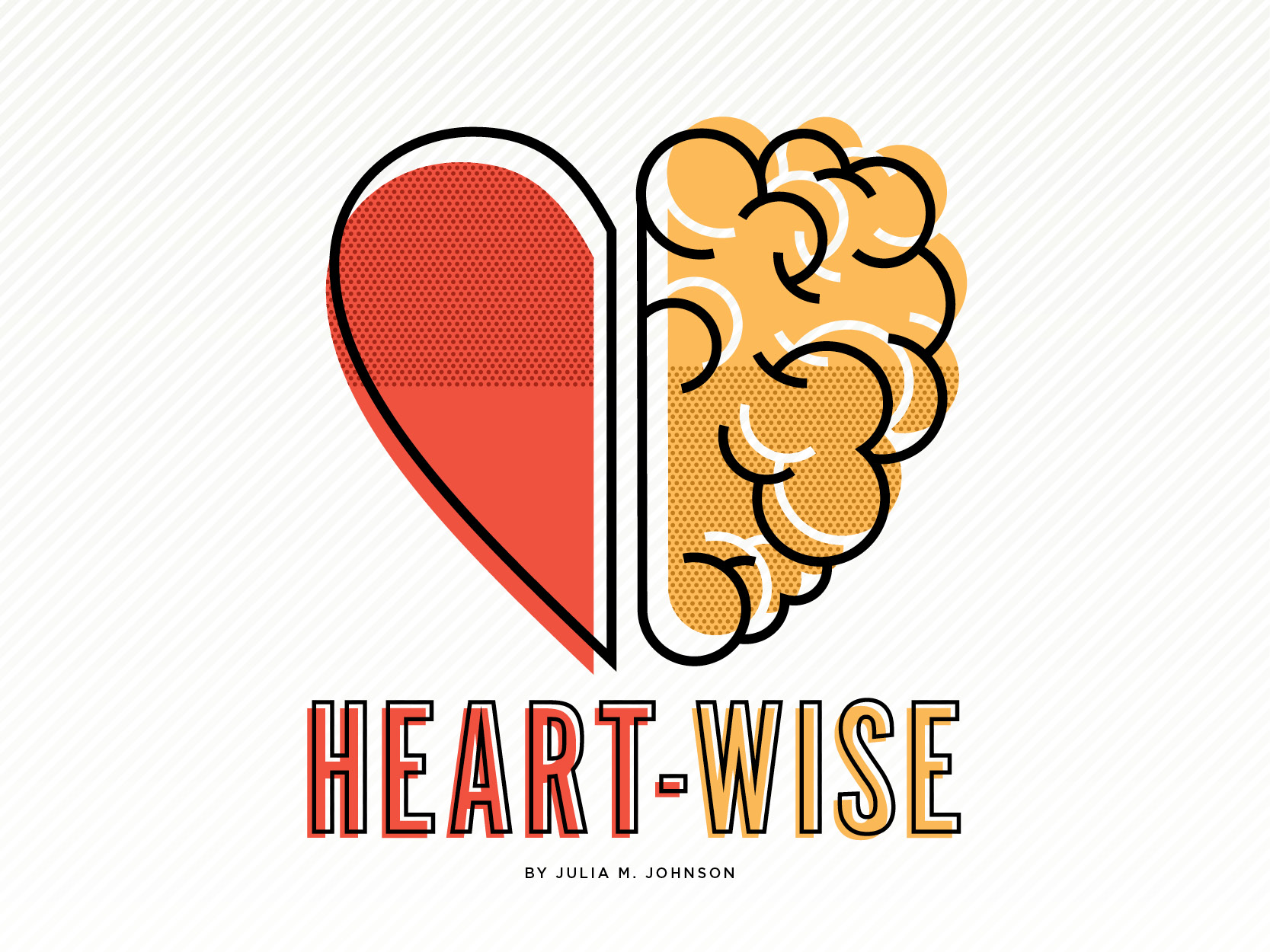There’s a reason we use the word ‘heart’ figuratively to describe the center or core of things. It’s because the muscular organ is a driving force in the body’s well-being, pumping oxygen and nutrients to every cell in the body so it can grow and thrive. Lots of factors impact the heart’s health, so it’s important to understand how it works—and how to keep it working!
youth factor
We may think of heart disease as something that mainly affects older people, but it can happen in younger patients as well. Cardiologist Dr. Anthony Sonn of Mercy Clinic says two unsettling trends are showing up among young adults: a rise in obesity and an increase in smoking among young women.
obesity
Missouri has one of the highest adult obesity rates in the nation, about one-third of its population, according to the Centers for Disease Control and Prevention (CDC). And it’s becoming more common in younger adults, Sonn says. “Even though we live in a generally affluent country, people still eat poorly and are less active than they should be,” he notes. “Young adults need to remember to avoid fast food and soda despite all of the marketing we see in the media. Obesity makes you much more likely to become diabetic, and that’s a major risk factor for premature coronary artery disease.” Obesity results from a combination of factors, says Dr. Stephanie White, a cardiologist at SSM Health St. Mary’s Hospital. “Our western lifestyle includes a lot of ’empty’ processed foods instead of whole, natural ones,” she says. “Our meals contain a lot of calories and carbohydrates, and not enough plant-based items like fruit, vegetables and whole grains.” A sedentary lifestyle also is a problem, most likely made worse by the trend toward working from home, White explains. “I tell patients to try for 30 minutes of moderate physical activity like walking five times a week,” she says. “If that’s not possible, try simpler activities like taking the stairs instead of the elevator, or parking farther away from building entrances.”
smoking
Overall smoking among U.S. adults is on the wane—it has declined about 6 percent in the last 10 years—but Sonn says the number of young female smokers is rising, especially those who consider themselves ‘light’ smokers. A recent University of Texas study found that many young women ages 18 to 25 considered occasional smoking to be less dangerous than a heavy habit. But no amount is safe, doctors caution. Smoking affects women—and their children—in serious ways. It’s associated with female infertility, cervical cancer, premature delivery, stillbirth and breastfeeding problems, according to the World Health Organization. But its effects can be reversed significantly by quitting, Sonn says. “Women who stop smoking reduce their heart attack risk quickly, within two or three years,” he explains. “Their relative risk becomes indistinguishable from that of women who never smoked during the same period of time.” Smoking combined with oral contraceptive use also is linked to a higher risk of cardiovascular disease in young women, he notes.
medication revolution
Prescription drugs are a major weapon in the fight against heart disease, and there are interesting recent developments in the field, doctors say. Some newer drugs have more potent effects and do a better job controlling heart disease risk factors and symptoms than older medications.
cholesterol
SLUCare cardiologist Dr. Lisa Alderson says the relatively new cholesterol-lowering drug Crestor (rosuvastatin) is an important advance for many heart patients. “A 10mg dose of rosuvastatin can bring cholesterol levels much lower than the same dose of earlier statin drugs like atorvastatin or simvastatin,” she says. Another class of drugs, PCSK9 inhibitors, also is showing major improvements. By blocking a protein in the liver, the inhibitors dramatically reduce the amount of harmful LDL cholesterol in the blood. They are injected just twice a month, so they are easier than daily pills for some patients, Alderson notes.
congestive heart failure
Another recently approved drug, Entresto (sacubitril and valsartan), has shown advantages in treating congestive heart failure, Alderson says. The medication helps relax blood vessels and reduce the buildup of sodium and fluid, making it easier for the heart to function. According to the maker, Novartis, clinical trial results showed that Entresto patients were much less likely to be hospitalized for heart failure than those taking enalapril, an older drug.
atrial fibrillation
Dr. Justin Sadhu, a Washington University cardiologist, says four recently introduced anticoagulants—dabigatran, rivaroxaban, apixaban and edoxaban—are an improvement over older drugs to treat atrial fibrillation, an irregular heart rhythm that can lead to blood clots and stroke. “Warfarin was the only approved anticoagulant for atrial fibrillation in the U.S. until 2010, but its limitations include frequent blood monitoring and dose adjustments,” Sadhu says. “The new agents don’t require as much monitoring and don’t have as many food and drug interactions. Their convenience and safety are a major advance.”
natural heart health
Keeping your diet and habits as simple and natural as possible is the best way to be a friend to your heart, doctors say. Even if there is cardiovascular disease in your family, you can reduce risk of disease by keeping your body active and your mind clear.
the food factor
“Nutrition plays a huge role in reducing heart disease risk,” says Dr. Morton Rinder, a cardiologist at St. Luke’s Hospital. “We often go by the ‘forks over knives’ food philosophy: if it’s something like red meat that you can’t cut with a fork, it may be the wrong food for heart health. It’s a good idea to adopt a diet that is more raw and plant-based, and less cooked or processed.” Rinder also advises against counteracting good intentions with bad cooking methods: “If you deep-fry your okra, you’re defeating the purpose,” he notes. Rinder says reducing inflammation that causes disease is one of the most important considerations in a natural, heart-healthy diet. High levels of sugar and ‘white’ carbohydrates—those found in foods like bread, rice and potatoes— can contribute to inflammation in the heart and blood vessels, which can lead to cardiovascular disease.
activity and stress
Dr. Lauren Munsch dal Farra, cardiologist and CEO of PALM Health, says stress-reducing activities like meditation and breathing exercises also can help prevent inflammation in the body. “We teach a technique called ‘cardiac coherence,’ a breathing method that is very effective in releasing stress and negative emotions like irritation, anxiety and anger,” she notes. “Biofeedback monitors let patients see how heart rhythms are improved by relaxing the body.” Her practice also offers heart-targeted fitness, lifestyle and awareness classes that can help patients reduce disease risk. “The goal is to take into account each patient’s different needs and create a personalized plan for improving health,” she says.








